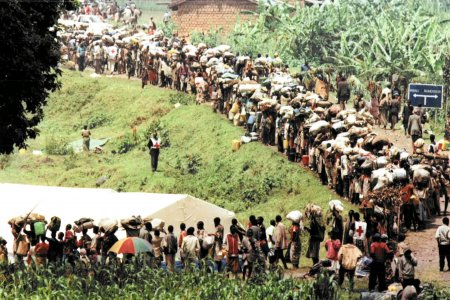 John Parkin
Interview
John Parkin
Interview
01/10/2018
Marc Le Pape
Jean-Hervé Bradol
How much is known about the daily experiences of humanitarian workers in extreme situations such as major conflict or disaster? In their new book, “Humanitarian Aid, Genocide and Mass Killings: Médecins sans frontières, the Rwandan experience, 1982-97”, Marc Le Pape and Jean-Hervé Bradol set out to answer some of these questions. The book is also informed by Bradol’s experience of working for Médecins Sans Frontières in Rwanda during the genocide.
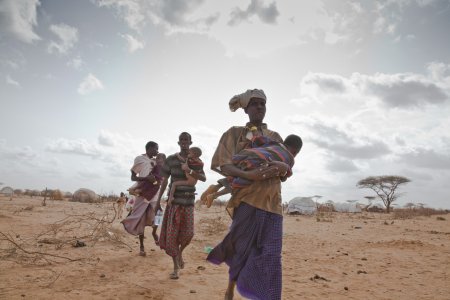 Brendan Bannon
Interview
Brendan Bannon
Interview
08/05/2011
Rony Brauman
The United Nations announces a famine and that 12.4 million people are threatened by drought in the Horn of Africa. Radio and television repeatedly broadcast an appeal for donations to UNICEF, brandishing disturbing figures.
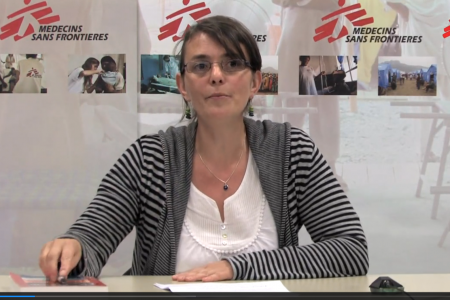 Conference
Conference
11/03/2010 - 07:00 PM 09:00 PM
Sandrine Revet
People wandering through the rubble in Haiti, arms outstretched begging for help amid the floods in Pakistan: the media coverage of disasters invariably features helpless victims, overwhelmed by the disaster, waiting to be helped...
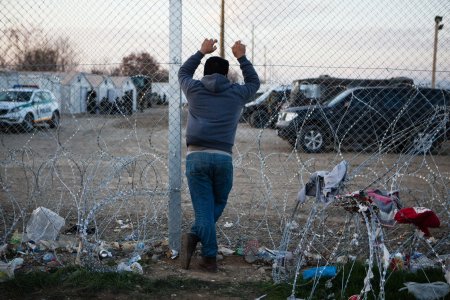 Alex Yallop
Opinion
Alex Yallop
Opinion
10/06/2009
Rony Brauman
The article written by Christian Troubé, "The end of humanitarianism without borders?", published by Grotius.fr, and based on a description of humanitarianism of ‘yesteryear', strikes a cord with many of today's humanitarian figures.
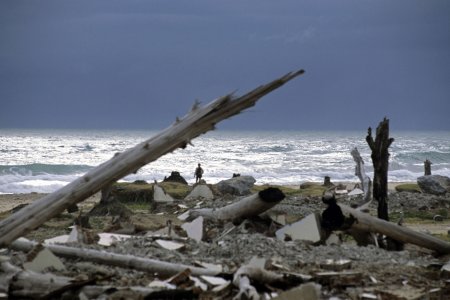 Sebastian Bolesch
Opinion
Sebastian Bolesch
Opinion
06/22/2009
Rony Brauman
According to Wikipedia, "a humanitarian crisis is an event or series of events which carry with them a critical threat to the health, safety or wellbeing of a collectivity, usually over a wide area.
 John Parkin
Interview
John Parkin
Interview




